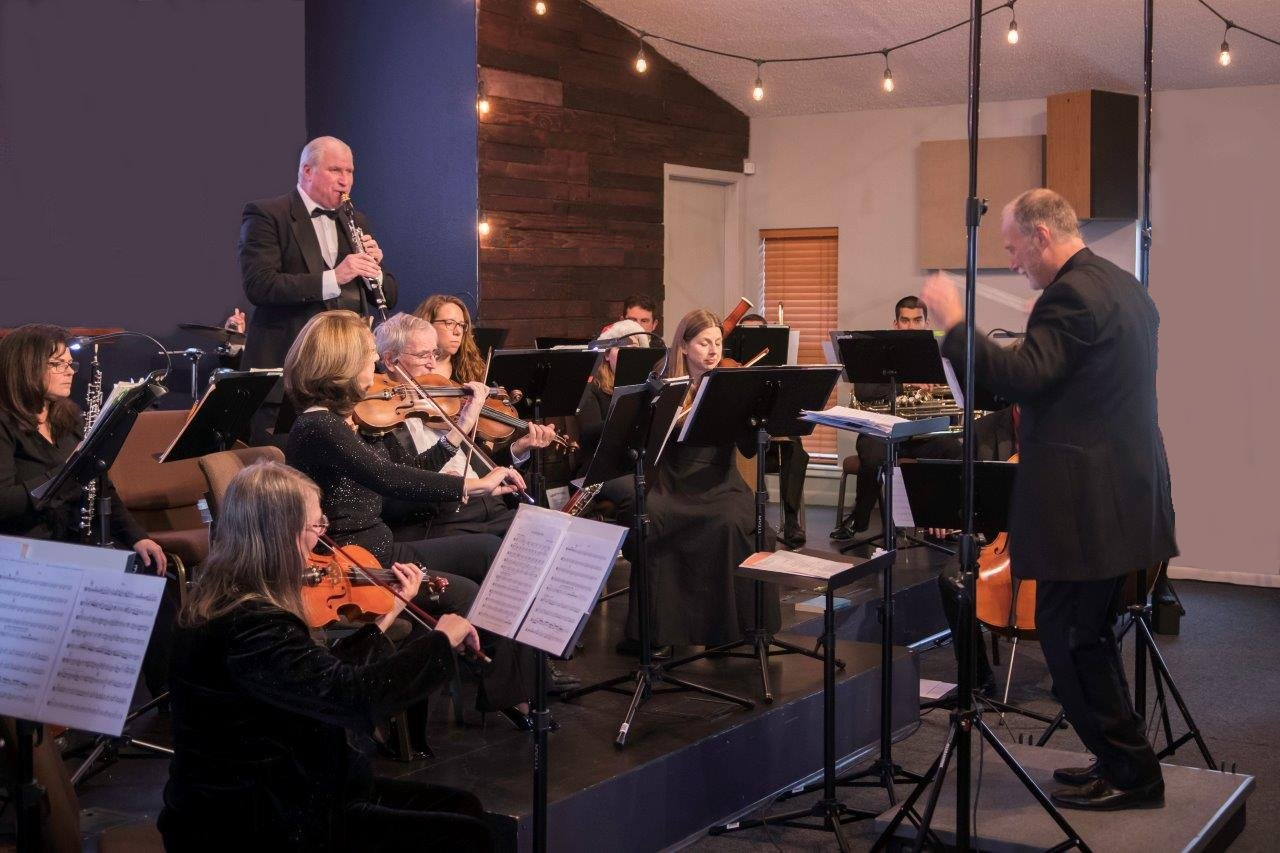Summary:
Classical music has become marginalized in America. The flagship classical music ensembles that provide the bulk of performance employment – symphony orchestras – continue to struggle or fail. This risks the loss of professional performances of the great orchestral works of the classical music canon. Restructuring Classical Music argues for a shift away from a focus on symphony orchestras that put a financially straining 80 – 108 musicians on a stage. As an alternative, it calls for a move towards more stable, enduring, less labor intensive and less expensive chamber orchestras, thereby rightsizing orchestras to the needs and funding capacities of their communities.
It also calls for expanding the reach of the Canon by transcribing some of these great works for chamber orchestra and proves the viability of this process by presenting three masterworks from the German, French, and Russian schools, representing almost 1000 pages of scores and parts. Extreme Transcription enumerates the methodologies and modalities developed for achieving this transcription process with both audio and score examples.
Further, Restructuring Classical Music eschews the focus on the geographical centralization of orchestras in downtown concert halls, as well as the failed outreach activities used by U.S. orchestras to acquire new patrons. It instead presents and documents a model that orchestras can use for systematically capturing the essence of their communities by learning the lessons of the brilliant model developed by the Brooklyn Philharmonic in 2011-13 through The Brooklyn Model. By combining classical music with the culture and music of their chosen communities, professional orchestras as well as classical ensembles of any size can regain relevance in American society while preserving the canon. It is a significant work that has been published as a book, endorsed by Maestro Leonard Slatkin and Boston Symphony Executive Director Mark Volpe with a foreword by Volpe.
Given that there are implications to making changes to the classical music masterworks examined in Extreme Transcription, there are further issues discussed in Thoughts. Some argue against changing something that is already perfect and the composer’s intention. Others aver that the sharing of the classical music canon in any form is justifiable if it emotionally moves people. Who is right? Only time and the marketplace will tell.


